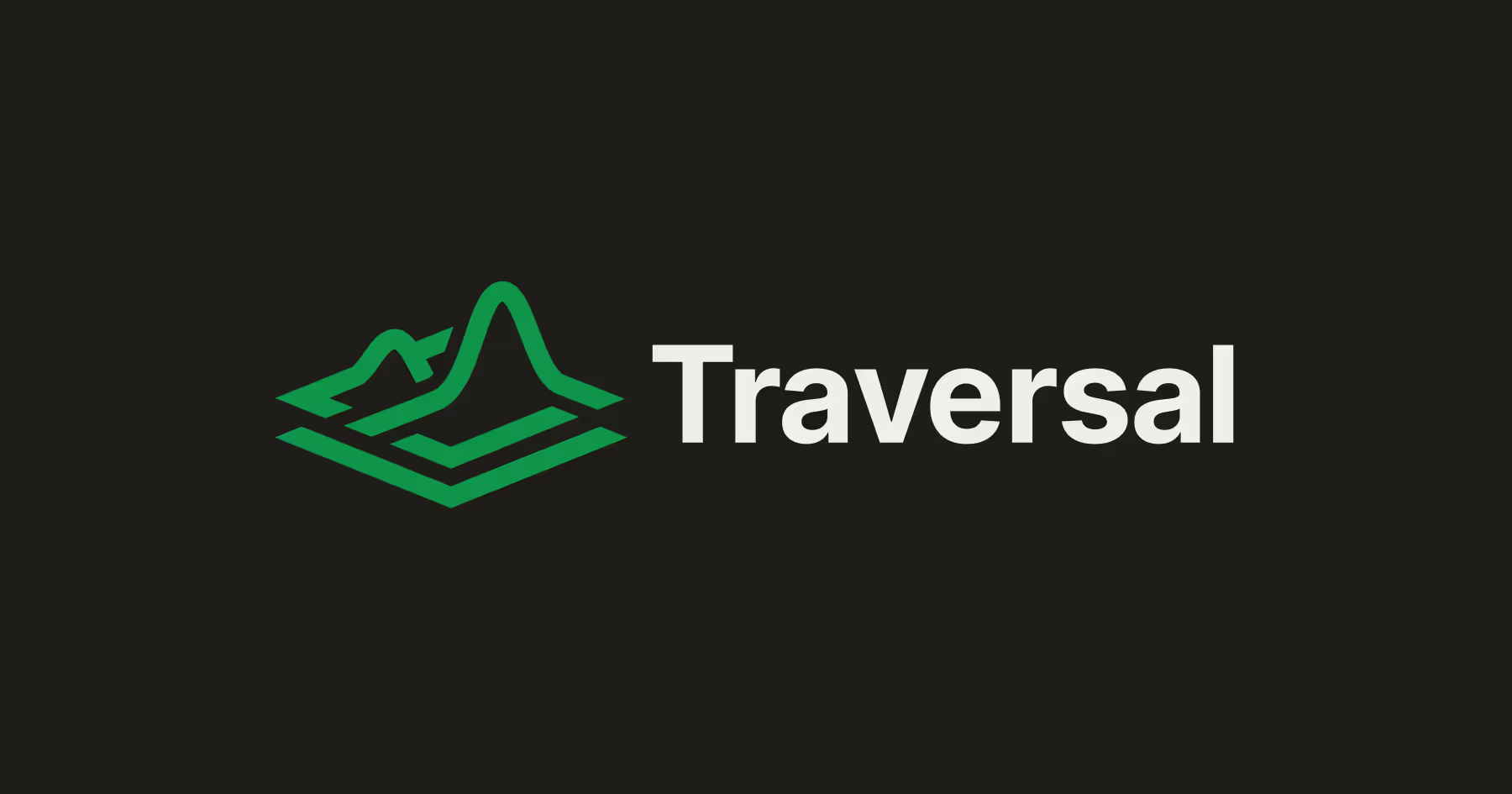
Traversal envisions a future where enterprise software reliability is transformed by intelligent systems that autonomously detect and remediate issues, minimizing downtime and operational burdens. By harnessing advanced AI techniques rooted in causal machine learning, Traversal is redefining the landscape of site reliability engineering for complex modern software ecosystems.
Our mission is to develop AI that operates as a continuous, insightful companion for engineering teams, providing deep diagnostic clarity and preventative actions through real-time analysis of telemetry data. We are building a future where software systems self-heal and scale effortlessly, ensuring critical services remain uninterrupted and resilient.
Grounded in academic expertise and practical engineering excellence, Traversal is committed to empowering enterprises with privacy-first, non-invasive observability solutions that integrate seamlessly into their environments, driving a new era of intelligent, proactive reliability management.
Our Review
We'll be honest — when we first heard about Traversal, we were skeptical. Another AI startup promising to "revolutionize" operations? But after digging into what they're actually building, we found ourselves genuinely impressed by their approach to site reliability engineering.
This isn't your typical "throw AI at everything" play. Traversal has crafted something that feels both sophisticated and practical, which is rare in today's AI landscape.
What Makes Them Different
The standout feature isn't just that Traversal uses AI for root cause analysis — it's how they've designed their platform to work in the real world. Read-only access, on-premises deployment, no agents or sidecars. These aren't just technical details; they're the difference between a product that sits in a demo environment forever and one that actually gets deployed at Fortune 100 companies.
We love that they can promise 90% accuracy in 2-4 minutes without requiring enterprises to tear apart their existing infrastructure. That's the kind of practical thinking that separates serious B2B companies from the pack.
The Academic Edge
Here's where things get interesting. Traversal's founding team brings together Cornell Tech researchers with industry veterans from places like Citadel Securities. This isn't just another group of ex-FAANG engineers — they're building on actual research in causal machine learning.
The result? An "agentic" AI that doesn't just pattern-match on alerts but actually traverses complex datasets to infer causality. It's the difference between a smart dashboard and a system that truly understands what's happening in your infrastructure.
Real-World Impact
We're always suspicious of startup metrics, but Traversal's numbers check out. A 37% reduction in incident resolution times at DigitalOcean within six months? That's the kind of concrete improvement that makes CFOs pay attention.
Their customer roster — DigitalOcean, American Express, several undisclosed Fortune 100 financial institutions — suggests they're solving real problems for companies where downtime costs can hit $1.9 million per hour. These aren't early adopters taking flyers; they're serious enterprises betting on Traversal to keep their systems running.
Why We're Watching
The $48 million from Sequoia and Kleiner Perkins obviously caught our attention, but it's the timing that makes Traversal particularly compelling. As software systems become more complex and AI-driven, traditional observability tools are hitting their limits.
Traversal seems positioned to be that next-generation intelligence layer that enterprises desperately need. They're not trying to replace everything — they're making existing observability stacks smarter. That's often the winning move in enterprise software.
Feature
AI-powered site reliability engineering platform
Automated root cause detection and remediation
24/7 intelligent monitoring companion
Uses telemetry data such as logs, metrics, traces, and code changes
High-accuracy causal inference with over 90% accuracy in minutes
Non-invasive deployment with read-only access and no agents
Supports on-premises deployment
Reduces downtime and operational engineer burnout








